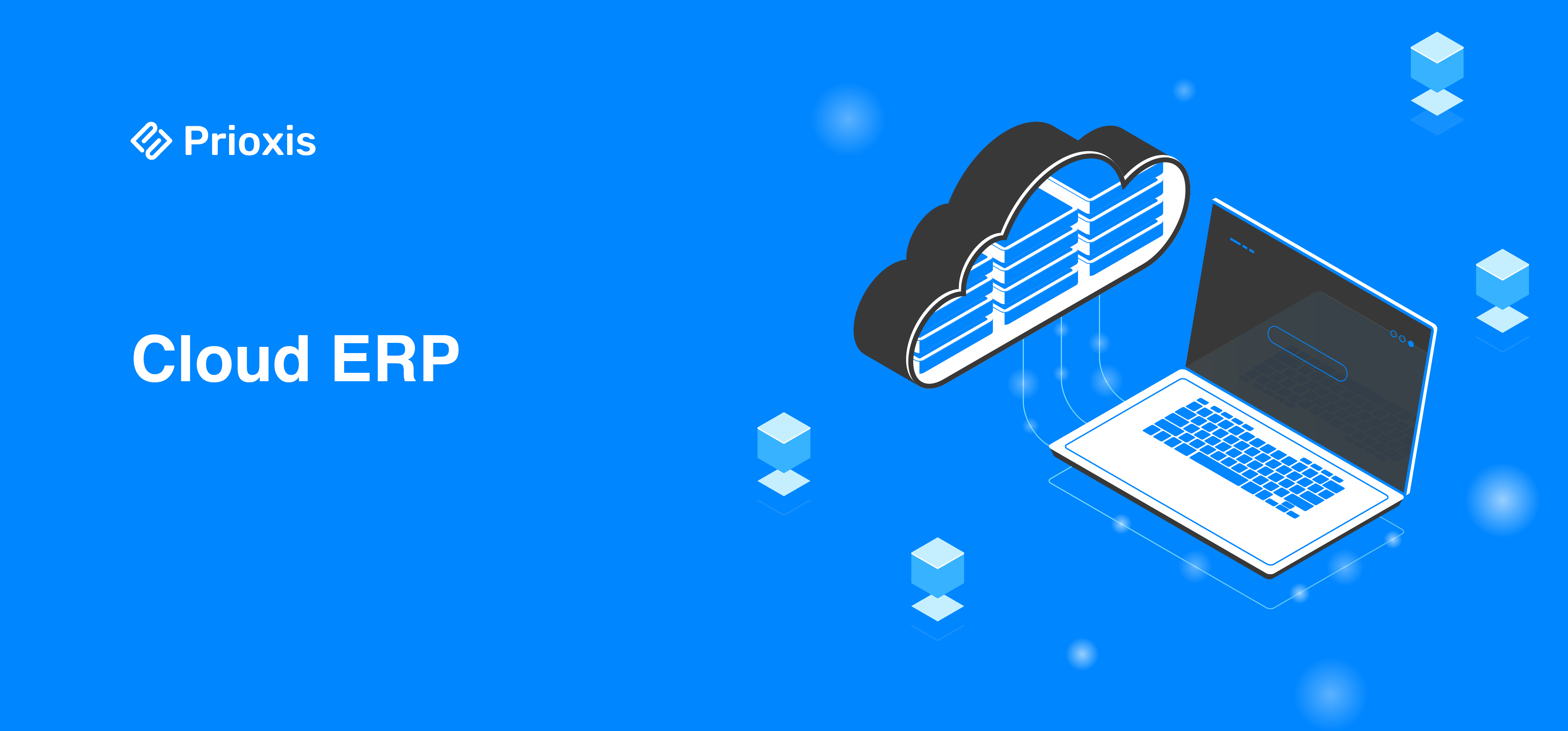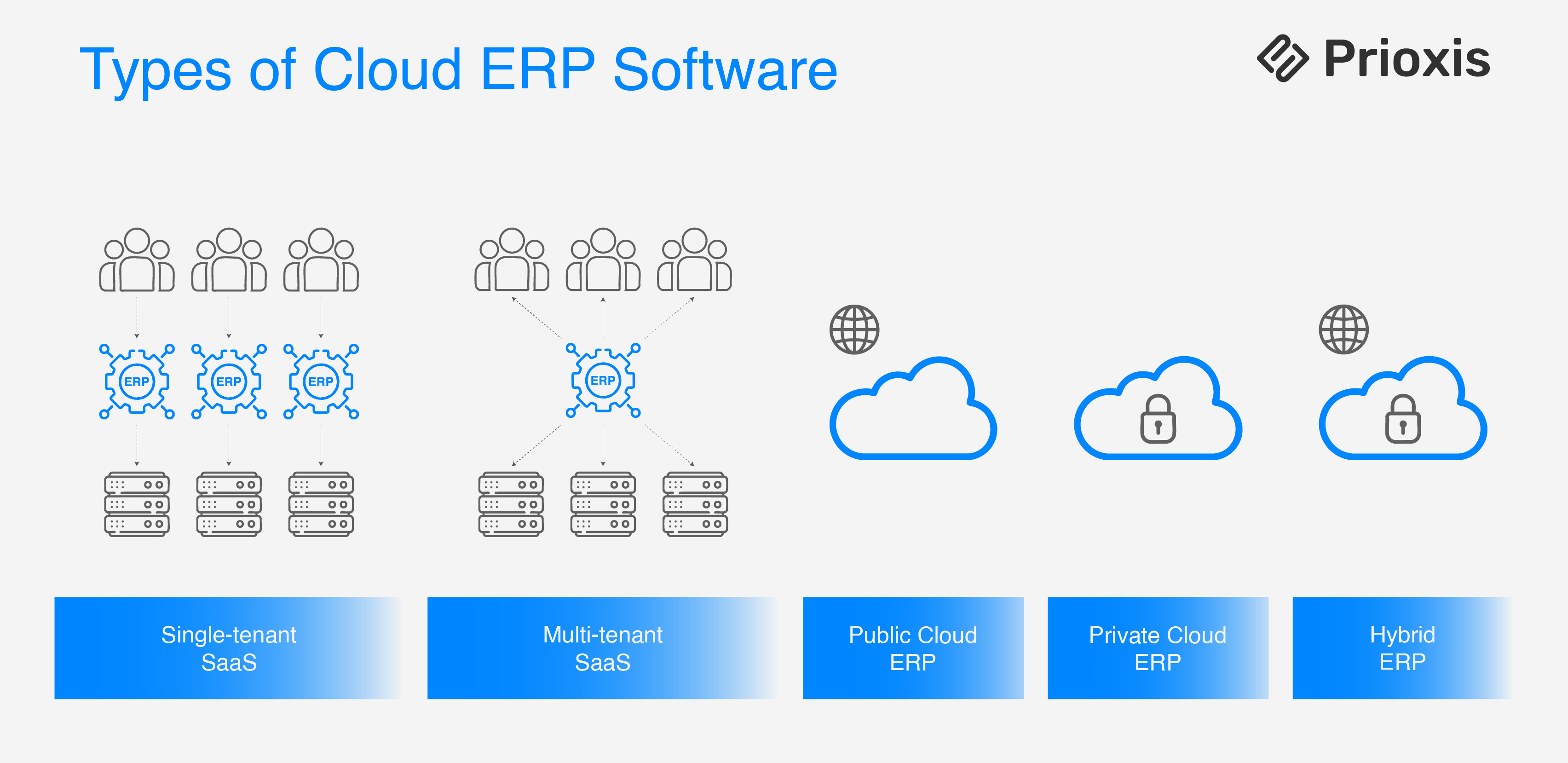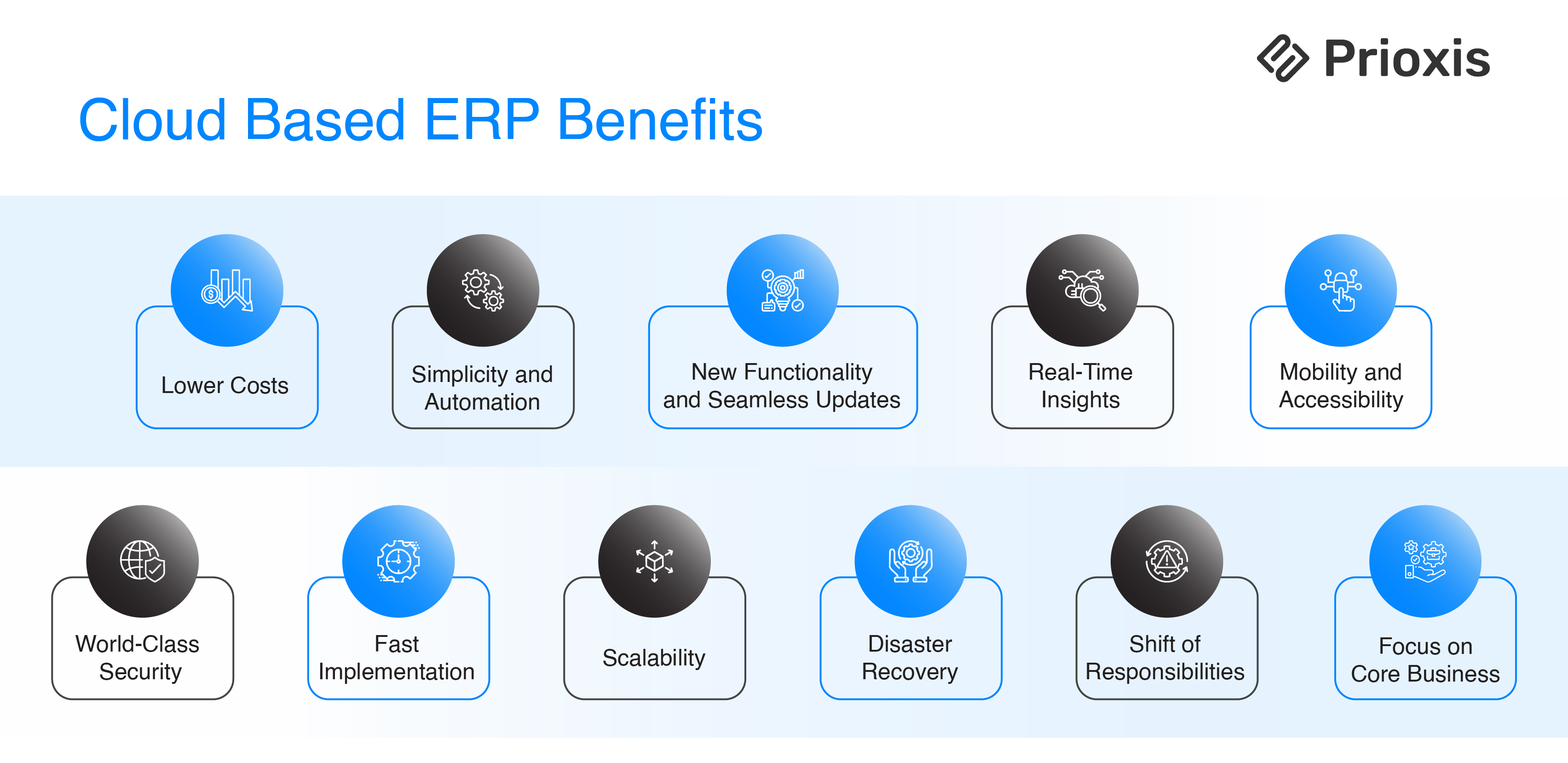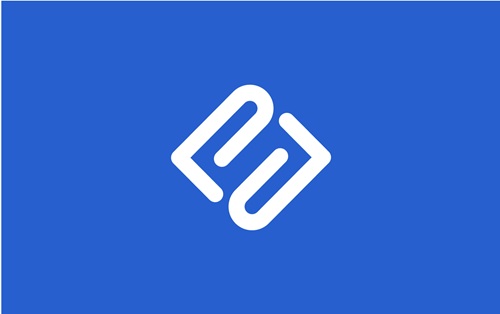What Is Cloud ERP and Why Should You Consider It?
 Admin
Admin Digital Transformation
Digital Transformation Aug 23, 2024
Aug 23, 2024

Table of Content
ERP systems have been around for decades and are widely recognized among businesses and organizations. As companies continue shifting toward digital transformation, cloud ERP has emerged as a modern alternative to traditional legacy systems. It is rapidly gaining market dominance due to its flexible hosting capabilities, cost-effectiveness, and ease of user access.
The cloud ERP market is growing at a 11.2% CAGR and will reach $138.34 billion by 2030.
If you’re planning to customize or upgrade your existing ERP system, now is the perfect time to consider migrating to a Cloud ERP solution.
This article provides all the essential information you need to make an informed decision about adopting a cloud ERP or developing a bespoke ERP solution.
What is ERP?
ERP, or Enterprise Resource Planning, is a platform that integrates an organization’s core business processes, automates repetitive tasks, centralizes data, and enhances decision-making.
ERP systems bring transparency and data visibility across the organization, enabling better and more informed decision-making.
They manage multiple functions across enterprises, mid-sized, or small businesses and can be customized to fit specific industry needs.
What is Cloud ERP System?
A Cloud ERP (Enterprise Resource Planning) system is an improved, optimized, and digitized version of previously available legacy ERP systems. Cloud ERP systems do not require on-premises IT infrastructure or licensing to access them.
They are hosted on cloud servers, eliminating the need for heavy installations and allowing users to access the system through a web browser. With flexible subscription-based pricing, businesses pay only for the features they need, making cloud ERP far more accessible and cost-efficient.
Cloud ERP boosts efficiency across all departments. For example, your sales team receives real-time inventory updates, while your finance team can easily monitor cash flow and quickly respond to audit or performance data requests.
Types of Cloud ERP Software
Cloud ERP systems are divided into two main types, which are further categorized based on their architecture and deployment models.

By Architecture Model
Single-tenant SaaS
- Typically chosen by larger companies, this model provides each client with their dedicated software instance and database. The service provider is still responsible for maintenance and upgrades.
- This setup offers businesses greater control over their data and processes, ensuring their environment is not shared.
Multi-tenant SaaS
- It is a SaaS-based ERP, where a single software instance on a public cloud is shared among multiple customers. This model is generally less expensive compared to other cloud ERP options.
- In this setup, data from various businesses is stored in a shared environment, but each organization can only access its own data. It also offers the flexibility to purchase subscriptions based on your specific business needs.
By Deployment Model
Private/Proprietary Cloud
- In this model, the data is stored on servers exclusively owned and managed by the company, not the cloud provider. This option offers robust security and control, like on-premises systems, but requires significant initial investment and ongoing maintenance.
- It's ideal for businesses that need the functionality of on-premises systems combined with some benefits of cloud computing, like scalability.
Public Cloud
- This involves using infrastructure owned by the cloud provider, which customers access over the internet. While generally less costly than private clouds, public clouds can pose more significant security risks.
- Well-known examples include Amazon Web Services (AWS), Microsoft Azure, and Oracle Cloud. To ensure security, data in public clouds needs to be encrypted both during transit and at rest.
Hybrid Cloud
- This approach combines elements of both public and private clouds. It allows companies to keep sensitive data secure in a private cloud while leveraging the cost-effectiveness of storing less sensitive data in a public cloud.
- This approach offers enhanced security and cost-effective solutions. It supports integration with third-party applications, improving overall efficiency and productivity.
Top 12 Benefits of Cloud ERP for Your Business
Let’s explore the benefits of cloud-based ERP systems compared to traditional ERP software solutions.

1. Lower Costs
One of the biggest perks of cloud ERP is the cost savings. With a subscription model, there's no need for hefty upfront investments in hardware or software. Your provider takes care of upgrades and maintenance, slashing IT costs. For businesses moving away from on-premises ERP, this means no more spending on servers, database setup, or extra IT staff. It’s a win-win: lower costs and less hassle.
2. Simplicity and Automation
Cloud ERP systems streamline your business operations. They consolidate old, standalone applications into one unified system. This ERP integration simplifies workflows and automates processes, leading to new efficiencies across the board. You’ll spend less time managing disconnected systems and focusing more on what matters.
3. New Functionality and Seamless Updates
With cloud ERP, staying up to date is a breeze. Vendors handle all system upgrades and updates, ensuring your software runs the latest and greatest version. These updates are quick and typically happen during off-hours, so there’s minimal disruption to your business. No more lengthy, costly upgrades – just smooth, ongoing improvements.
4. Real-Time Insights
Cloud ERP systems are designed to handle big data, providing real-time analytics that legacy systems can’t match. You can access up-to-the-minute information and insights, making better, data-driven decisions. Spot trends, predict changes, and optimize resources – all from a single, integrated platform.
5. Mobility and Accessibility
In today’s world, you need to be able to access your business data anytime, anywhere. Cloud ERP makes this possible. Whether working from home, on the road, or at a client’s site, you can connect to your ERP system from any device with an internet connection. This mobility ensures your team has the information they need, boosting productivity and collaboration.
6. World-Class Security
Security is a top priority for cloud ERP vendors. They employ professional security experts for data protection, backups, and disaster recovery. This means your data is stored in highly secure, redundant data centers. With robust security measures like encryption and access controls, your business is well-protected against breaches and data loss.
7. Fast Implementation
Implementing a cloud ERP system is much quicker than setting up an on-premises solution. The technical environment can be configured in just 24 hours, and modern user interfaces make the software easy to adopt. This rapid deployment means less downtime and a faster return on investment.
8. Scalability
Growth can be unpredictable, and that’s where cloud ERP shines. It allows you to scale your resources up or down as needed quickly. Whether expanding rapidly or adjusting to seasonal demands, cloud ERP can handle the changes without requiring significant hardware investments. This flexibility helps your business stay agile and efficient.
9. Disaster Recovery
Cloud ERP systems offer robust disaster recovery capabilities. Your data is backed up regularly and stored in geographically dispersed locations, ensuring it is safe from local disruptions. If an unexpected event occurs, like a natural disaster or hardware failure, you can rest easy knowing your data is secure and accessible.
10. Leveraging Modern Technologies
Cloud ERP systems integrate advanced technologies like AI and machine learning to automate tasks and provide intelligent insights. These technologies help with everything from predictive maintenance to fraud detection, enhancing operational efficiency and security. AI-powered analytics can also improve decision-making, making your business more innovative and responsive.
11. Shift of Responsibilities
One of the standout benefits of cloud ERP systems is the significant reduction in the IT burden. Traditionally, businesses have had to manage and maintain their hardware and software, which includes installing and updating applications, managing data centers, and handling security and compliance issues. With cloud ERP, these responsibilities shift to the cloud provider. This transfer not only alleviates the workload on your IT department but also ensures that these critical tasks are handled by specialists who focus solely on maintaining optimal performance and security of the system.
12. Focus on Core Business
By outsourcing IT maintenance and management to the cloud provider, your internal IT team can shift their focus to more strategic initiatives that drive business growth and innovation. Instead of spending time on routine maintenance tasks, IT professionals can now engage in projects that enhance operational efficiency, improve customer experiences, and support the organization's overall strategic goals. This shift in focus can lead to a more dynamic and forward-thinking IT department capable of contributing significantly to the business’s competitive edge.
How Does Cloud ERP Work?
An ERP (Enterprise Resource Planning) system, often called an ERP suite, is a set of connected modules or business applications that work together. A Module in ERP refers to a specific business area. Common areas include finance, accounting, human resources, sales, procurement, logistics, and supply chain management. It includes modules such as finance, accounting, sales, and more, each designed to manage specific areas of the business.
These modules share a common database, which means they can easily exchange information and use the same data to function. Companies can choose the modules they need and add more as they grow or their needs change.
Thus, the cloud ERP system allows the manager to analyze complex data in minutes and make better decisions based on it.
What are the Challenges of Cloud-based ERP?
Despite its many benefits, implementing a cloud ERP system can present several challenges, but with careful planning and attention, they can be effectively resolved.
1. Data Security
Challenge
- Not Knowing Who Can Access & Edit Your Data When too many people have access to sensitive data, information can be stolen or mishandled.
- Weak Passwords and Authentications Weak passwords and a lack of multifactor authentication (MFA) can expose a business to risks.
- Lack of Activity Logging and Review It's challenging to track operations and identify unusual activity without activity logs.
- Not Having a Growth Strategy Ill-defined strategies can hinder security measures and growth.
Solution
- Set Role-Based Access Ensure authorized personnel can access and edit critical information.
- Implement Strong Passwords and MFA Verify user identity through multiple attributes to enhance security.
- Utilize Activity Logs Regularly review user and activity logs to detect deviations from normal behavior.
- Develop a Growth Strategy Create a strategy that includes security measures and adapts to continuous growth.
2. Customization Limitation
Challenge
- Limited Customization Cloud-based ERP systems often prioritize standardized processes over customization, which can be a drawback for businesses with unique workflows.
Solution
- Assess Customization Needs Evaluate the specific needs of your business and seek cloud implementation services providers that offer flexible customization options.
- Work with the Vendor Collaborate with Prioxis to develop tailored solutions that accommodate your unique processes.
3. Price/Cost Savings
Challenge
- Subscription Fees While initial costs are lower, subscription fees can accumulate over time, potentially leading to higher overall costs.
Solution
- Monitor and Manage Costs Ensure the subscription model aligns with your business needs and budget. Review expenses regularly to avoid unexpected costs in your ERP transformation journey.
Cloud ERP Takeaways
Cloud ERP is proving to be a game-changer for businesses today. It allows you to access all your vital business data from anywhere, at any time. With real-time insights, you can make quick, informed decisions. This swiftness in decision-making can prove to be a make-or-break factor for your business.
If you’re considering integrating or migrating to cloud ERP, now is the perfect time to do so. To better understand cloud ERP's benefits for your business, contact our experts today. We have 5+ years of experience delivering enterprise-grade solutions with a 99% success rate.
Get in touch
